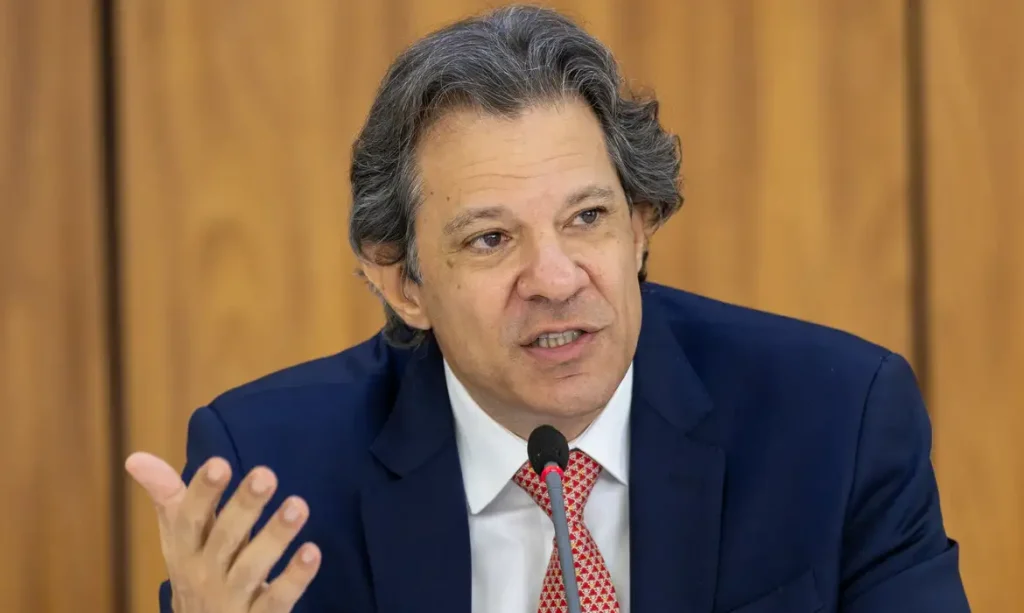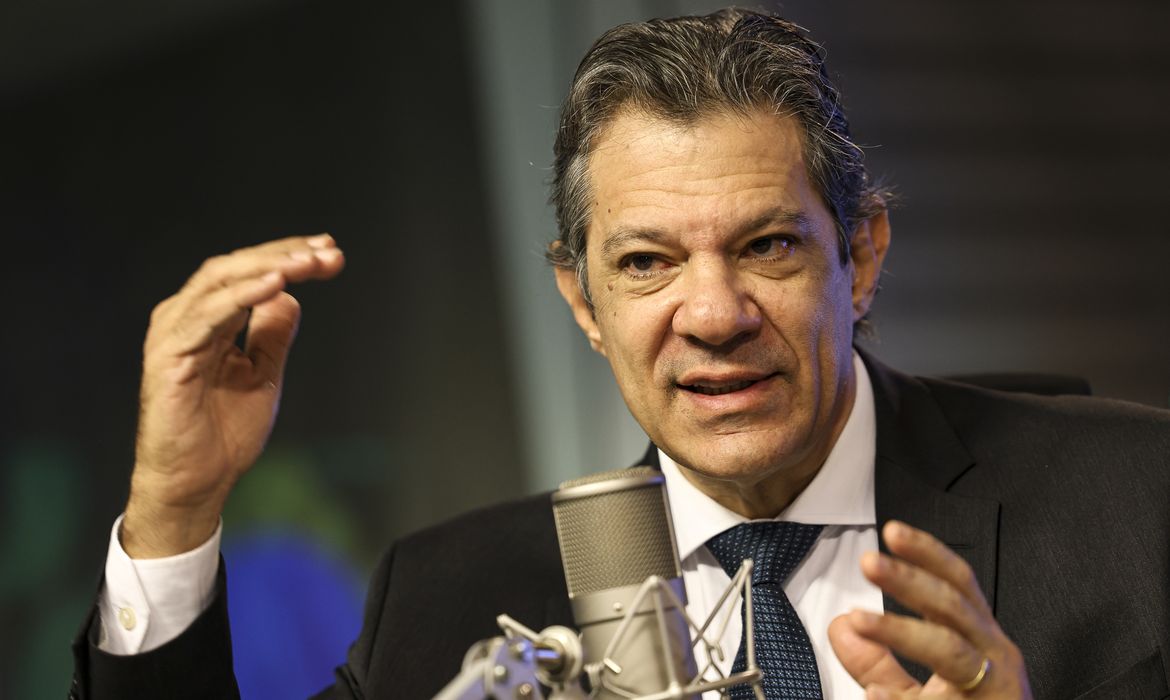Brazil has pledged to push back against US President Donald Trump’s newly announced tariffs on its exports, labelling the move unjust and politically charged. Finance Minister Fernando Haddad stated on Thursday that Brazil would resort to formal appeals should negotiations with the United States fail to reverse the decision.
Speaking in Brasília, Haddad acknowledged that the tariffs unveiled on Wednesday were “more favourable” than initially feared, with key export goods such as aircraft, orange juice, Brazil nuts, and certain metals excluded. However, he criticised the measures as fundamentally flawed, insisting that “a lot of injustice” remained and that “corrections need to be made.”
The White House order, which will come into force on August 6, imposes a steep 40 percent tariff on several Brazilian exports, including coffee and meat—two commodities in which Brazil leads the global market. This will bring the total trade duties on affected goods up to 50 percent.

The tariff decision, unlike other recent US protectionist policies, was delivered with a distinctly political undertone. Trump cited what he described as a “witch hunt” against former Brazilian president Jair Bolsonaro, his right-wing ally who is currently on trial for allegedly orchestrating a coup attempt. The US government accused Brazilian authorities of “politically motivated persecution” against Bolsonaro and his supporters, alleging violations of free speech and damage to American interests.
According to a White House fact sheet, the order is a response to Brazil’s “unusual and extraordinary policies and actions” that it claims have harmed US firms and citizens, referencing Supreme Court Justice Alexandre de Moraes in particular. Moraes is presiding over Bolsonaro’s trial and has previously clashed with the far-right as well as billionaire Elon Musk over online misinformation regulations.
The US Treasury followed up by imposing financial sanctions on Justice Moraes, accusing him of acting beyond his legal remit and targeting US and Brazilian individuals and companies unfairly.
Minister Haddad said discussions would soon begin with US Treasury Secretary Scott Bessent, although no specific date was provided. “We are starting from a point that is more favourable than one could have imagined, but still far from the finish line,” he remarked.
He also warned that, should diplomacy fail, Brazil is prepared to lodge complaints both within the United States and through international trade bodies. Last year, Brazil recorded a trade surplus of $284 million with the US, a relationship built on generations of economic ties now strained by Washington’s politically tinged rhetoric.
Domestically, the Brazilian government is preparing a protection programme to cushion the blow for companies most exposed to the tariffs. Haddad suggested that the situation remained fluid, emphasising that “nothing that was decided yesterday cannot be reviewed.”
The sweeping measures mark a dramatic escalation in US-Brazil trade tensions and reflect a growing tendency within the Trump administration to tie economic policy to broader ideological battles.


 Trending
Trending 
